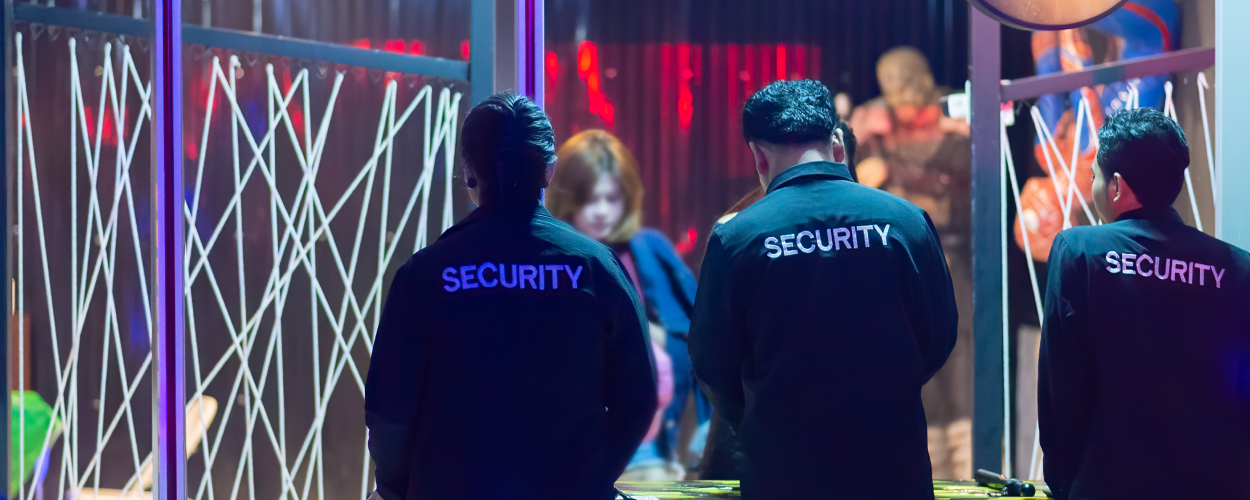When planning an event, it’s very important to keep everyone safe and secure. This is true whether you’re putting together a business meeting, a music festival, or a private party. It’s essential to think carefully about security for your event. In this guide, we’ll explain what event’s security involves and show you how to plan it well, so that everyone has a safe and smooth experience.
Understanding Event Security Services
The security for events go beyond the mere presence of uniformed guards; they involve a strategic approach to identifying and mitigating potential risks. From crowd management to emergency response, a well-rounded event security plan considers various aspects to create a secure environment.
Key Components of Event Security
- Place Assessment and Access Control: Effective event security starts with a thorough assessment of the place. Security experts analyze entry and exit points, identifying potential vulnerabilities. Access control measures, such as ticket checks and ID verification (if needed), are important in maintaining a secure perimeter.
- Crowd Management: Large gatherings require meticulous crowd management strategies. Trained security personnel ensure smooth entry and exit, prevent overcrowding, and precisely handle any emergent situations.
- Emergency Response Planning: For your events, you need to include a detailed emergency response plans. From medical emergencies to unexpected incidents, having a prepared team in place can make all the difference.
- Monitoring: It’s essential to incorporate systems to monitor key areas. This proactive approach enables security personnel to detect and address potential issues before they escalate.
How to Plan the security for your event
Now that we have outlined the fundamental components of the event security, let’s explore a step-by-step guide on how to plan for security effectively.
1. Risk Assessment
Begin by conducting a risk assessment. Identify potential threats based on the event type, location, and expected attendance.
2. Collaborate with Security Professionals
Collaborating with professionals ensures access to expertise in risk analysis, crowd control, and emergency response planning.
3. Implement Access Control Measures
Restricting access to authorized individuals enhances overall security. Implement measures like ticketing, ID checks, and perimeter fencing to control entry points effectively.
4. Communication is Key
Establish clear communication channels among event staff and security personnel. Effective communication ensures a swift response to any incidents and fosters a coordinated approach to security.
5. Ongoing Training Exercises
Engage in regular training drills to maintain the sharpness of the security team, ensuring them to be prepared for any scenario. Practice emergency response procedures and enhance strategies by incorporating valuable feedback and identifying areas of opportunity discovered during each drill.
FAQ Section
Q: How far in advance should I plan the security for my event?
A: It is advisable to plan the security as early as possible. Ideally, engage with a security provider during the event planning stages to incorporate security considerations into the overall logistics.
Q: What is a security plan for an event?
A: A security plan for an event is a comprehensive document that outlines all the safety measures, protocols, and procedures designed to protect attendees, staff, and property during an event. It covers risk assessment, security personnel deployment, emergency response strategies, access control, crowd management, and coordination with local law enforcement and emergency services.
Conclusion
In conclusion, prioritizing event security is synonymous with ensuring the success of your occasion. By understanding the challenges of your event security and diligently planning for potential risks, you not only safeguard attendees but also contribute to the overall positive experience.
For reliable and expert event security services, trust Edge Security. Plan your next event with confidence, knowing that safety is at the forefront.
